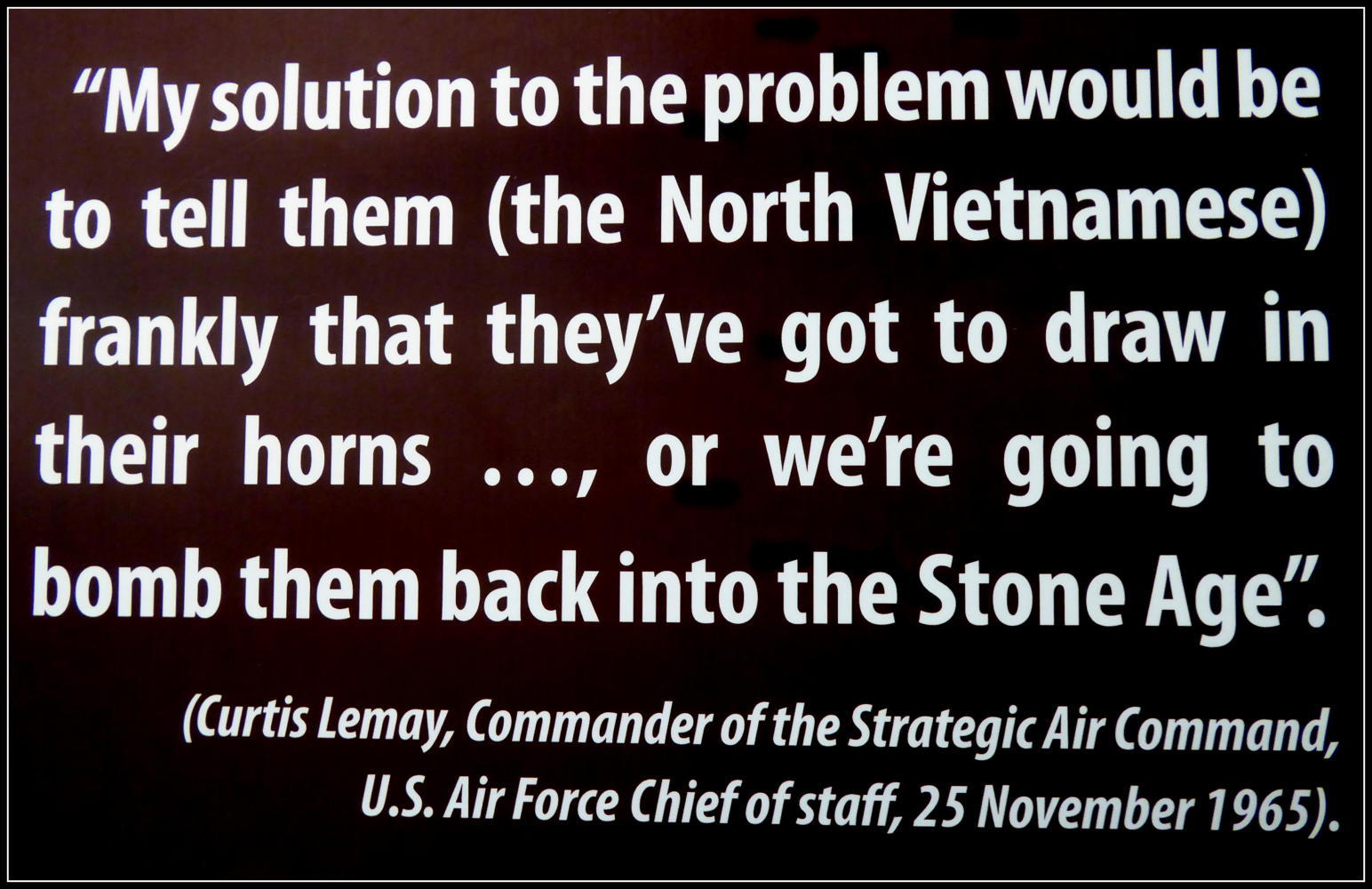January 6, 2017
Never what you hope: Vung Tau to Saigon

| Heart | 1 | Comment | 0 | Link |
YOU know what we've found out? That there are 10 million people in Saigon - and five million motorbikes.
That came home sharply today because the ferry to the city wasn't running. We rounded the headland, looking across blue water at moored ships and a line of oil or gas rigs, and then into the port. And there we learned that the hydrofoils hadn't run for a week because they were being serviced.
"Take taxi bus station", the woman behind the counter said, cross that we didn't know and even more that we had interrupted her needlework. In fact she probably wasn't angry at all but Asian languages have a different tonal stress and, carried into English, sound aggressive.
We'd been looking forward to the boat and even more to escaping the five million motorbikes. Now, with neither apology nor warning, we had been denied.
We rode the couple of kilometres to the buses. Few were going to Saigon. The first company refused to consider two bicycles but changed its mind when it looked as though a rival would take us instead. We stood at the second counter with a man from the first tugging at my elbow.
At the second counter, once we'd confirmed we meant a xa dap and not a motorcycle, a woman who looked 12 but was probably 25 began making phone calls. The man from the original counter was still tugging my sleeve.
The calls produced a fare, written on a yellow sticker. We were to pay a lot but each bike would cost even more.
"No", Steph insisted. We would pay for the bikes, naturally, but not more than we were paying for ourselves. Two men appeared and we were directed to the elder, a slightly tubby, avuncular man with short grey hair (rare in Vietnam) and a snub nose. He took no notice of us until, his conversation finished with his oppo, he directed us to show him the bikes. We trooped outside and the two began talking again. We couldn't understand and they knew that. But then, equally, they couldn't understand us.
"They want to see how expensive the bikes look and what they can get away with charging", Steph guessed.
They mimed another price and again we refused. We had two days to ride 100km and, while it wouldn't be pleasant, that's what we'd do rather than be fleeced. And it was just as we were getting indignant that two things happened. The first was that I remembered we had paid for a tourist trip in Saigon the next day. And the second was that the driver scratched a price in the dust with the corner of a brick and we came to a deal.
And so we were driven into Saigon, respectfully and gently, unlike many another bus driver, and with no aggressive hooting or violent braking. Not that we escaped entirely because the bus terminal was eight kilometres from the hotel area and we had a far more miserable ride into Saigon than we'd hoped.
And so we're here, finished with engines. We took our bikes to a ru'a xe, a name not pronounced at all as it looks, and there we had them washed better than I could have ever have done it for less than two euros for the two.
=====
The tourist trip we'd booked was to the tunnels that the Vietnamese dug to fight the invading Americans. Like those earlier in the trip, on the coast - though those were to escape bombing - the tunnels outside Saigon were tiny. I had to crawl on hands and knees at points.
So tiny were the tunnels that the Americans, when they finally discovered them, sent dogs underground to flush out the Vietnamese. But the dogs returned so hideously injured or poisoned that their handlers refused to let them go.
The Americans then recruited particularly small soldiers, known as tunnel rats, and sent them down instead.
This was a bitter war with little mercy. The Vietnamese were fighting for their homeland and felt justified in using every means to do it; the Americans, frustrated that their far superior force produced little result against a guerilla army that vanished as quickly as it attacked, felt driven to inhumane actions.
The Vietnamese dug pits lined with poisoned stakes. They built revolving trap doors that dropped soldiers into pits of fish hooks that tore at the flesh not only in falling in but on being pulled out. One dead man was one dead man but a horribly injured one tied up half a dozen and exposed them all to gunfire.

| Heart | 1 | Comment | 0 | Link |
The Americans dropped napalm or flame-sprayed people out of their houses. They dragged prisoners behind trucks. They tortured those they took, whether combatants or not.
To walk now round what remains of the tunnels - most were filled in and built over - is a painful experience. All is now sanitised and presented as museum pieces. But half-close your eyes and try to imagine the fear and desperation on both sides and you may get close to how it was. But you can never, thankfully, experience it as it really was.
Today's ride: 18 km (11 miles)
Total: 1,683 km (1,045 miles)
| Rate this entry's writing | Heart | 2 |
| Comment on this entry | Comment | 0 |






